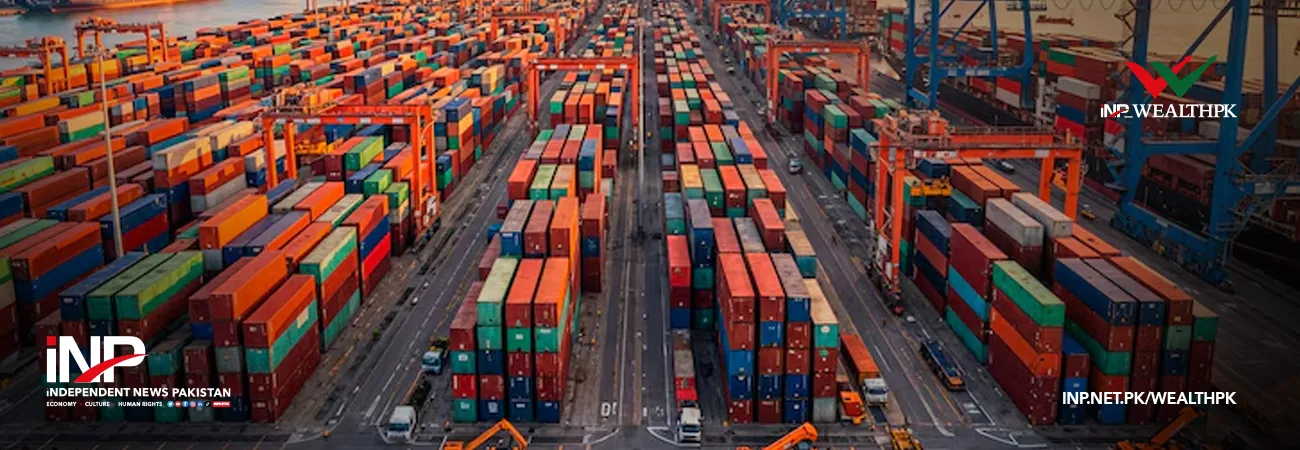INP-WealthPk
UNITED NATIONS, Feb. 6 (Xinhua) -- The UN's envoy for Syria on Thursday said terrorists' presence and influence in Syria's northwestern province of Idlib is unacceptable, but a continued all-out military approach will not solve this problem.
Briefing the UN Security Council via video from Geneva, UN Secretary-General's Special Representative for Syria Geir Pedersen said that many fighters in the war-torn country sought refuge in Idlib, and terrorist groups and foreign fighters are a major force in Idlib.
"Their presence and influence in the area is unacceptable and a major challenge, first and foremost to the civilian population of Idlib itself and also in a wider sense for Syria and for regional and international security," he said.
However, the UN envoy warned that a continued all-out military approach will not solve this problem, and cautioned against the risk of dispersal of foreign terrorist fighters and ongoing insurgency.
He added such an approach "will only entrench and further harden the deep international divisions over Syria and lead to more and more pressure, weakening prospects for a step-by-step dynamic to build trust and confidence."
Nevertheless, he said the question of foreign fighters needs to "squarely tackled."
While noting the provision of support to "internationally proscribed terrorist groups" needs to be further restricted, he stressed that any use of force against those terrorist groups should be carefully targeted to avoid spillover casualties.
Idlib, with a population of 3 million, is the last rebel stronghold in the Arab country that has been suffering a nine-year-old war.
In May 2017, a de-escalation zone was established in Idlib as a result of the Astana talks, whose guarantors were Russia, Iran and Turkey. In September 2018, Russia and Turkey brokered a stabilization memorandum for Idlib. But fighting continues to erupt in the province despite these deals.
As to the latest escalation in northwest Syria, Pedersen echoed UN Secretary-General Antonio Guterres' "enormous concern" that the recent direct clash between Turkey and Syria forces constituted a "change in the nature of the conflict."
Ankara established 12 observation posts under the September 2018 deal with Russia to prevent any major operation in Idlib.
On Monday, Syrian government artillery reportedly hit a Turkish observation post near Saraqeb. Reports also emerged saying that dozens of Syrian government forces were killed in Turkish strikes on Syrian government positions.
Guterres reiterated his strong appeal for a cessation of hostilities, but "so far these calls have not been heeded," noted Pedersen, adding that in the last two months, hundreds of civilians have been killed, and more than half a million civilians have been displaced.
Pedersen maintained that de-escalation agreements, including the ones reached in May 2017 and September 2018, can "enable prolonged periods of calm," and thus he is pushing for another such deal in his mediating efforts with Moscow, Damascus, Ankara and Tehran.
He noted that there could be "serious exploration of a strengthened international presence with the consent of the Syrian authorities." ■













